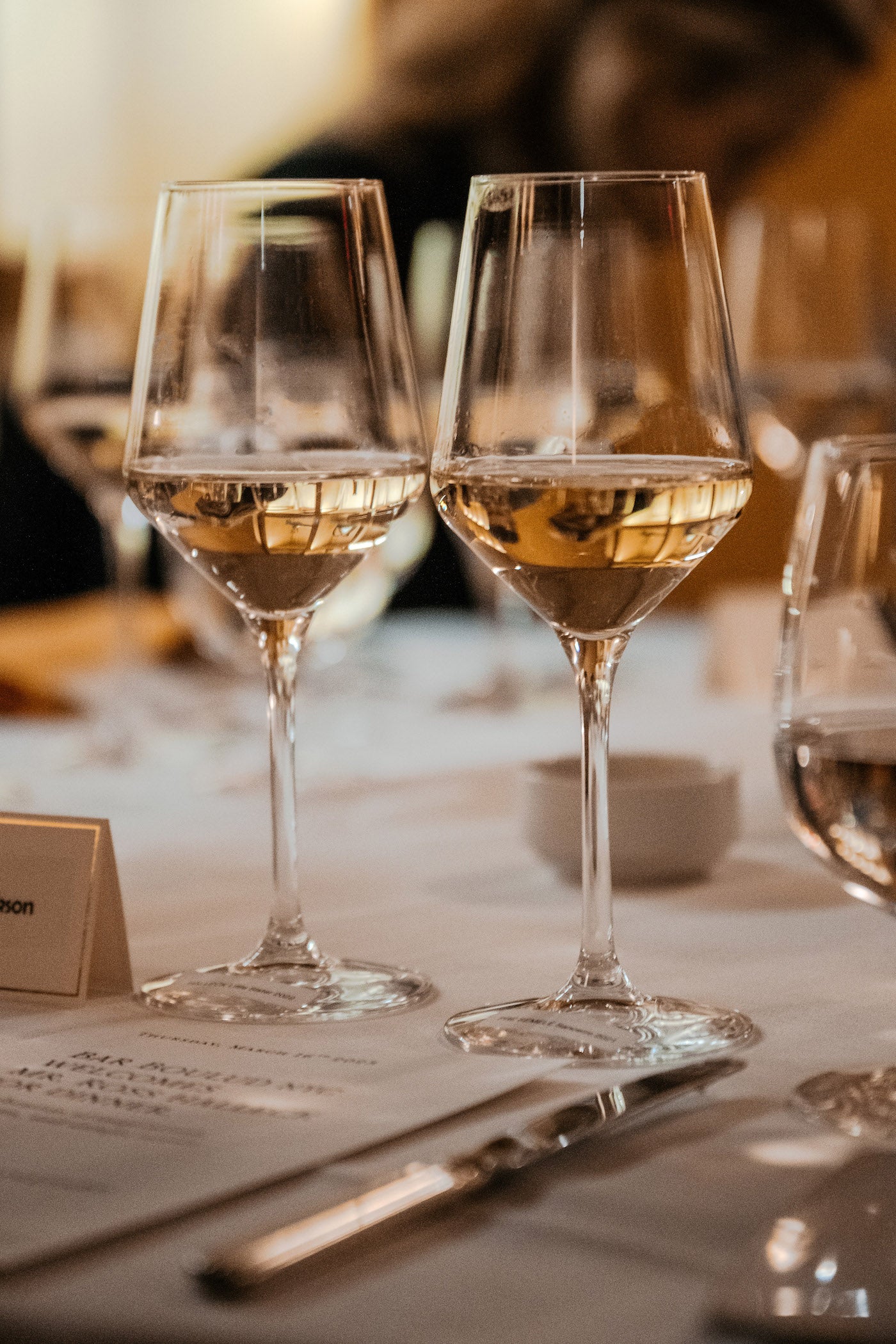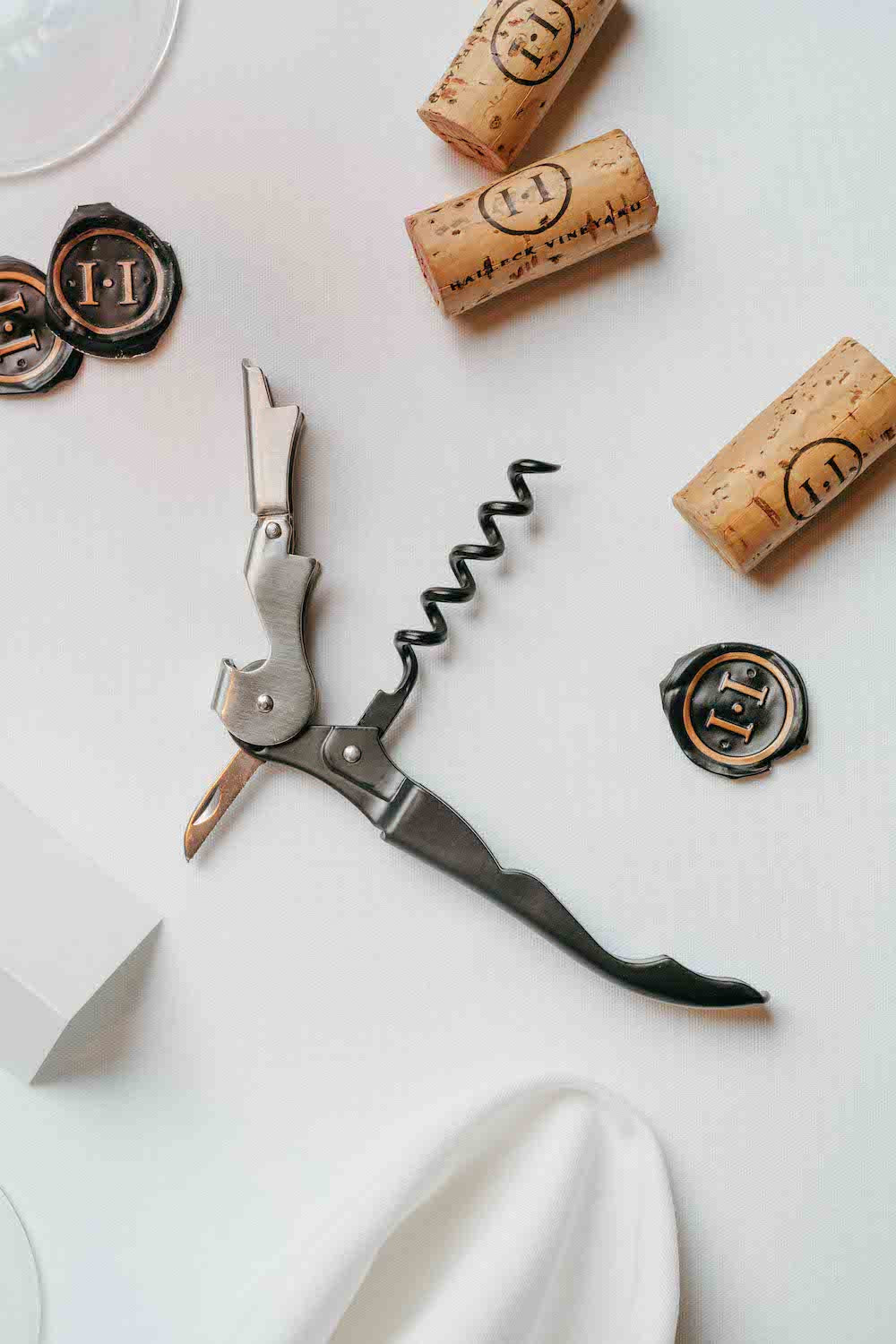Elegant Wine Tasting Locations In Sonoma - Winery In The Sonoma Wine Region
Elegant Wine Tasting Locations In Sonoma - Winery In The Sonoma Wine Region
Blog Article
Beautiful Picnic Areas At Sonoma Wineries - Best Wineries In Sonoma For A Wine Experience
Visiting a winery for a wine tasting could be a fascinating experience, particularly when you know how to maximise the opportunity with tasting notes. These notes serve as a guide to understanding the complexities of the wines you sample and help in forming a deeper connection with every pour. Using tasting notes can transform your experience, allowing you to savor not simply the taste but additionally the story behind each bottle.
Each wine has a unique profile influenced by grape selection, terroir, and winemaking techniques. Understanding these components can enhance your appreciation of the wine. When you're given a tasting menu or a flight of wines to sample, take the time to read by way of any descriptions provided (Wineries Offering Off The Beaten Path Experiences). This initial overview can set the tone and expectations on your tasting experience.
Begin your wine tasting by observing the wine in your glass. The shade can reveal a lot about the wine’s age and varietal. Take notes on the hue, clarity, and viscosity. A well-structured tasting note typically includes this visual evaluation because it varieties the foundation of your evaluation. Whereas it might appear trivial, the visible side is crucial in wine tasting.
Wineries Specializing In Sparkling Wines - Family-Owned Wineries In Sonoma
After your visible assessment, it's time to take a mild whiff. Swirl the wine in your glass to aerate it, releasing its aroma. This is where tasting notes become significantly useful. Make notes about the totally different scents you detect—fruits, spices, or floral hints. Figuring Out these aromas will assist you to put words to the intrinsic complexities of the wine you're sampling.
The next crucial step is the tasting itself. Take a small sip and let the wine roll over your palate. Note the flavors you experience. Are they sweet or tart? Where does your palate detect each flavor? Some wines could current immediate sweetness followed by a tannic finish. Use your tasting notes to document these layers, making a roadmap of your sensory experience.
Contemplate additionally the mouthfeel of the wine as you style. Is it smooth, crisp, creamy, or perhaps tannic? This textural quality considerably influences the general enjoyment and impression of the wine. Observing the mouthfeel can reveal the standard and craftsmanship behind the winemaking process.
It's helpful to check totally different wines as you taste them. If you're sampling a flight with contrasting varietals, make a note of the differences you understand. How does the acidity differ from one wine to another? Which wine feels fuller, and which is more refreshing? This comparative exercise deepens your understanding and helps sharpen your analytical skills.
Wineries Ideal For Large Groups - Wineries With Outdoor Tastings In Sebastopol

Interact with the winery workers while tasting. Educated hosts often share insights concerning the winery's history, the precise vintage, or the winemaking philosophy, enriching your appreciation of the wine. Do Not hesitate to ask questions that pique your curiosity based in your tasting notes. Many hosts get pleasure from discussing their wines and can supply a wealth of knowledge that isn’t readily available from printed materials. Wineries In Green Valley.
Hold in mind the seasonality of wines as you taste. Completely Different wines evoke varied moods and pair properly with distinct culinary experiences. Take notes on the way you might take pleasure in a selected wine with food. This not only adds context to your tasting notes but additionally aids future selections and purchases.

One Other helpful tip while utilizing tasting discover this notes at a winery is to record your impressions instantly. As wines can blend and create a uniform flavor reminiscence, jotting down your thoughts promptly ensures a extra correct reflection of your experience. Use adjectives that resonate with you, crafting a personal vocabulary to explain each wine primarily based on your preferences.
After finishing the tasting, evaluate the notes you’ve taken. Replicate on which wines stood out to you and why. This reflection reinforces your tasting experience and highlights what you may search in future purchases. If you've got famous specific aromas or flavors that captivated you, this information empowers you to pick wines that align with your palate.
Off The Beaten Path Wineries In Sonoma - Unforgettable Wine Tastings In Sonoma
Wine tasting can also function a possibility for socializing. Sharing your tasting notes with companions can ignite participating discussions on flavors, preferences, and impressions. This communal facet of wine tasting often enhances the experience, cementing lasting memories that you could recall with a cup of wine in hand.
In conclusion, using tasting notes at a winery wine tasting can significantly enhance your experience. By observing the visible elements, aromas, flavors, mouthfeel, and even the stories behind the wines, you create a rich tapestry of notes that may guide your future wine experiences. Partaking with the staff, comparing wines, and reflecting in your impressions will deepen your appreciation for the art of winemaking. Every tasting is an opportunity to find and join with wines in exciting new methods. With practice, your tasting notes will evolve, changing into a cherished element of your wine journey.
Wineries Promoting Wine Club Memberships - Enjoying The Best Wineries In Sebastopol
- Start by familiarizing yourself with the winery's tasting notes; they normally describe the wine’s aroma, flavor profile, and end, offering a helpful framework.
- Use your senses of sight and odor before tasting; swirl the wine in your glass, observe its color, and inhale its bouquet to seize the wine's preliminary traits.
- When tasting, take a small sip and let the wine coat your palate; focus on the primary flavors and any secondary notes that may emerge, such as fruit, spice, or earthiness.
- Pay consideration to the feel and mouthfeel of the wine; is it clean, tannic, creamy, or crisp? This facet can significantly improve your understanding of the wine.
- Evaluate the tasting notes together with your sensory experience, noting any similarities or discrepancies, which may deepen your appreciation of each wine’s complexity.
- Consider the wine’s getting older potential by analyzing its construction and stability; some wines may be gratifying now, whereas others might evolve beautifully over time.
- Take notes in the course of the tasting; recording your impressions may help you keep in mind each wine higher and refine your palate for future tastings.
- Interact with the tasting staff; ask questions about the wine manufacturing process, grape varieties, and the specific notes you are detecting to reinforce your knowledge and experience.
- Discover pairing ideas alongside your tasting; understanding which meals complement the wine can enrich each the tasting experience and your appreciation for the wine's nuances.
- Respect varying preferences amongst your group; wine tasting is subjective, and encouraging open dialogue about individual tastes can result in a more gratifying and informative experience.undefinedWhat are tasting notes, and why are they essential at a wine tasting?undefinedTasting notes are descriptions of the flavors, aromas, and overall impressions of a wine. They are necessary as a outcome of they guide your palate and enhance your understanding of the wine's characteristics, serving to you appreciate completely different varieties and styles.
How should I take notes throughout a wine tasting?undefinedYou should focus on key parts such as aroma, flavor, physique, acidity, and finish. Use a structured format or template to categorize your ideas and write down your impressions instantly after tasting. This helps you keep in mind your ideas later.
Can I use my very own words to describe a wine, or ought to I stick to standard tasting terms?undefinedYou can completely use your own words to explain a wine. While normal tasting phrases might help convey particular qualities, personal descriptors add authenticity to your notes and can make your wine experience extra gratifying and relatable.
Ought To I concentrate on specific flavors in the wine or the overall experience?undefinedBoth elements are essential. While specific flavors assist you to determine the distinctive traits of a wine, the overall experience encompasses how all parts combine—creating a extra holistic understanding of the wine.
Artisan Wineries In Russian River Valley - A Visit To Sebastopol Wineries
What if I can't identify sure aromas or flavors during a tasting?undefinedIt’s common to have issue identifying particular tastes or scents. Don’t hesitate to ask for assist or guidance from the workers on the winery. They can provide insights and assist refine your palate over official statement time via practice.
How can I use tasting notes to decide on wines within the future?undefinedBy reviewing your tasting notes, you possibly can determine your preferences and trends in your wine selections. This permits you to choose wines that align together with your palate in future tastings and purchases, making your experience more gratifying.
Is it appropriate to check wines during a tasting?undefinedSure, comparing wines could be helpful. It helps highlight the variations in flavor profiles and attributes, allowing you to develop a deeper appreciation and understanding of every wine's unique qualities.
What ought to I do if I disagree with the tasting notes offered by the winery staff?undefinedDisagreement is a pure part of wine tasting! Use it as a possibility to discuss your impressions with the workers; they can present additional context or details about the wine, which can enrich your experience.
Eco-Friendly Wineries In Sonoma County - Sonoma's Hidden Winery Gems
How should I manage my tasting notes after the event?undefinedAfter the tasting, arrange your notes by wine type, producer, or personal desire. Think About making a digital or physical journal which can be referenced for future tastings and wine choices, making it easier to recall your experiences. Report this page